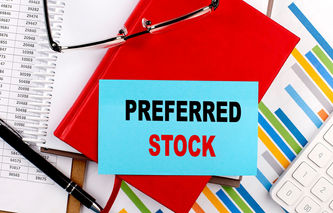Definition
The term callable preferred stock refers to securities containing a feature that allows the issuer to redeem or call in the shares at its option. Callable preferred stock will specify the redemption price as well as a date after which the securities can be redeemed.
It's fairly common for preferred stock to be callable, and since this feature provides a benefit to the issuer, the redemption price will contain a premium to compensate the investor for this risk.
Explanation
Companies have the ability to attach a number of features or restrictions to the preferred stock they issue to the market. For example, preferred stock can be issued as cumulative, participating, convertible, and callable. These features can add to, or subtract from, the value the security provides investors.
Companies will often issue preferred stock with a call feature since it provides them with the ability to flexibly raise capital. For example, they could issue preferred stock to raise capital in the near term, and then call it back in when it's no longer useful or interest rates decline. When redeemed, holders of these securities will need to find an alternate investment.
If an interest rate decline prompts the company to call in the stock, investors will be forced to look for what might be an unattractive alternative to the preferred stock being redeemed. To compensate investors for this risk, the call price of these securities will oftentimes include a premium, stated in terms of the stock's par value.
Finally, unless the preferred stock also carries a convertible feature, the call price would typically establish a ceiling price for these securities.


